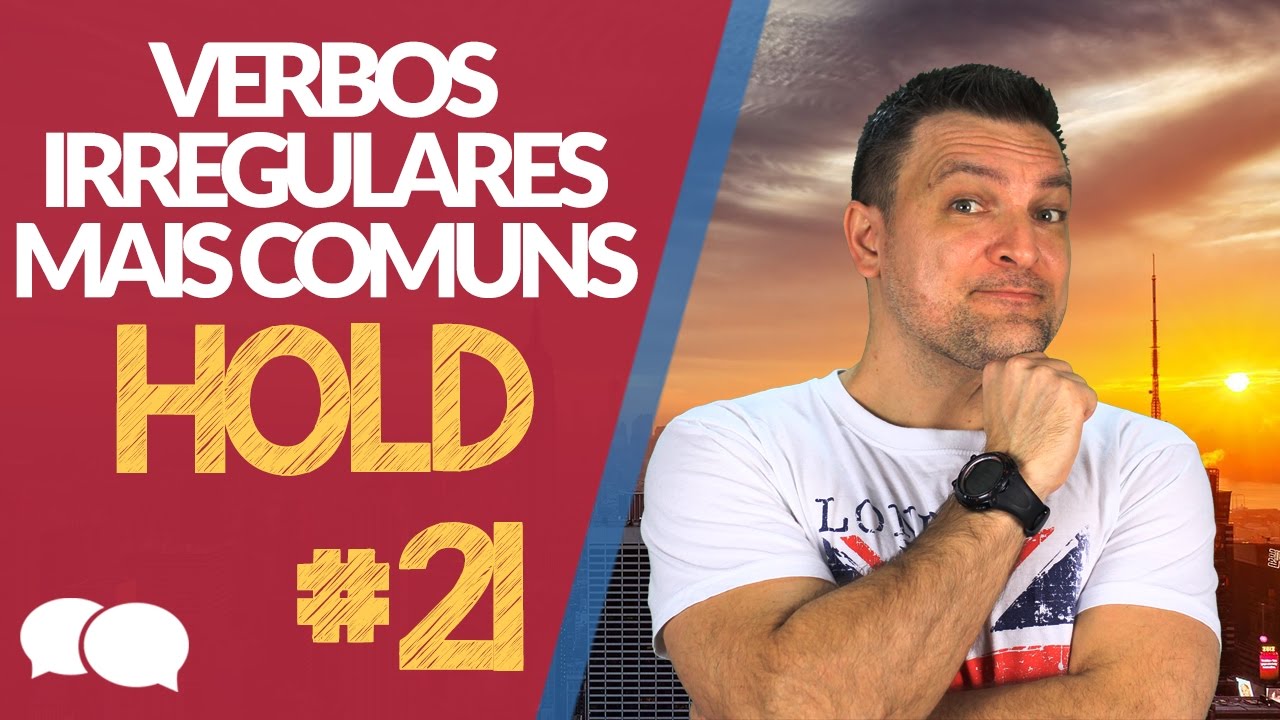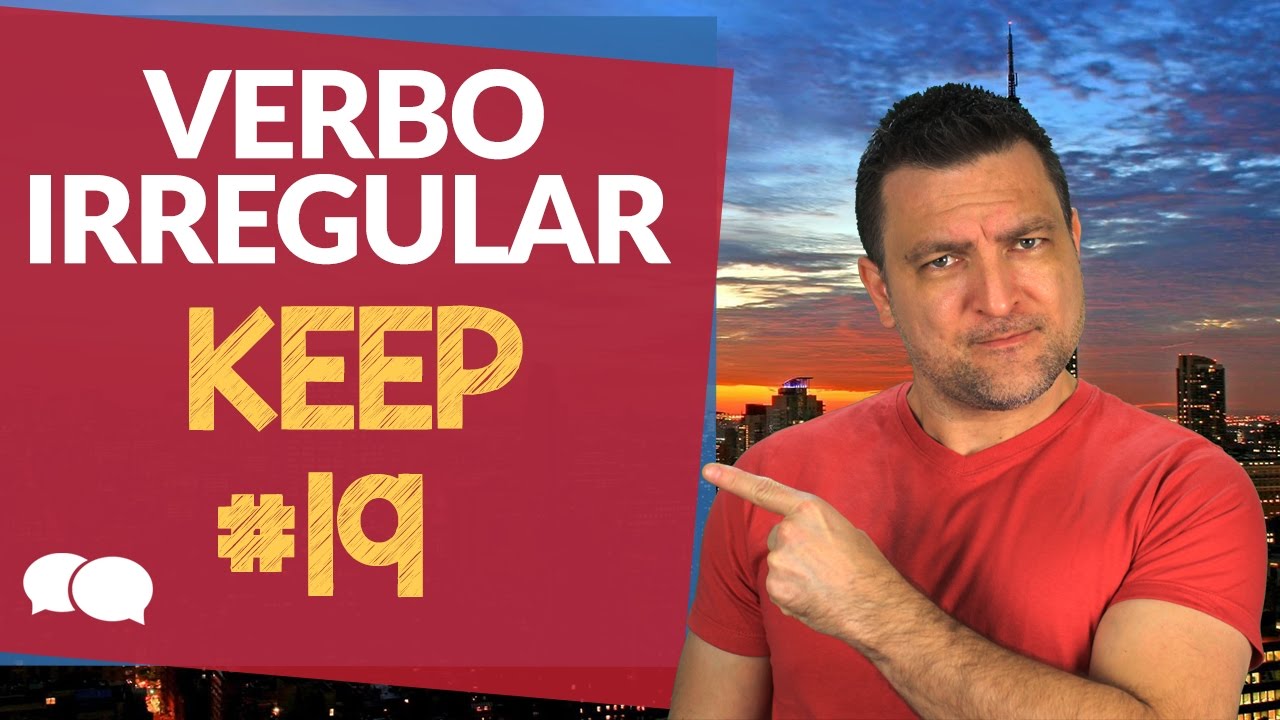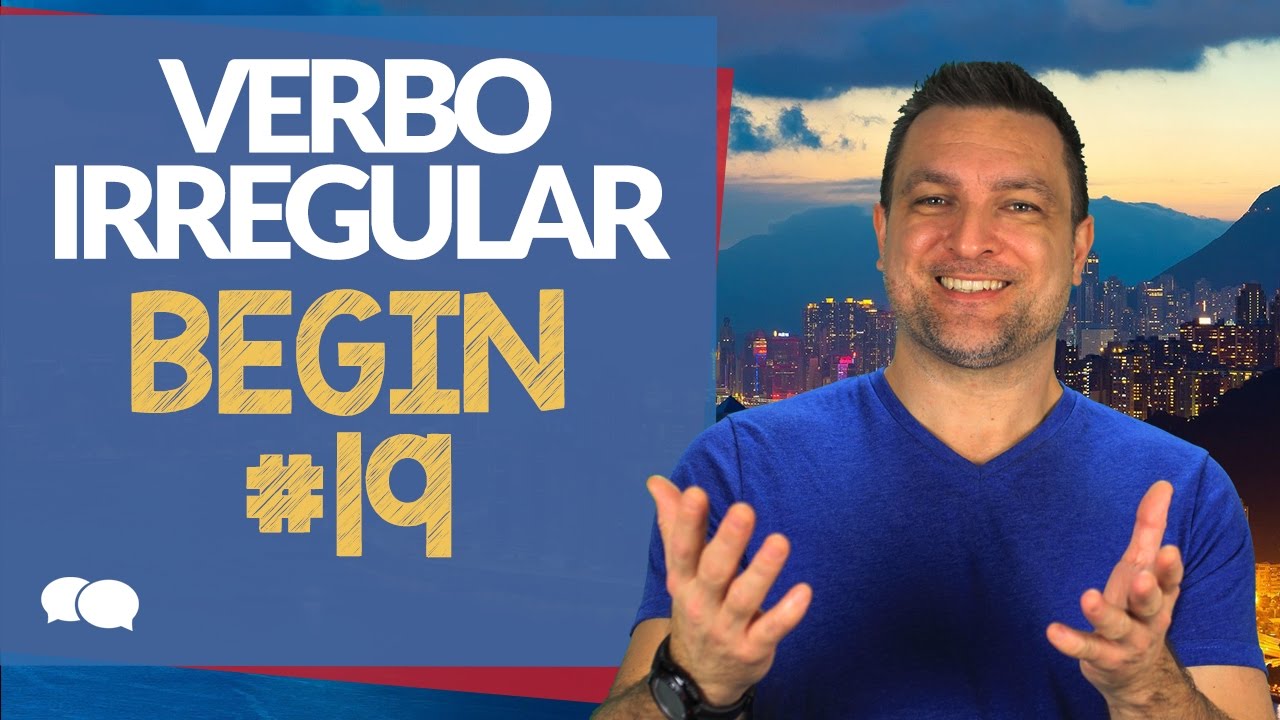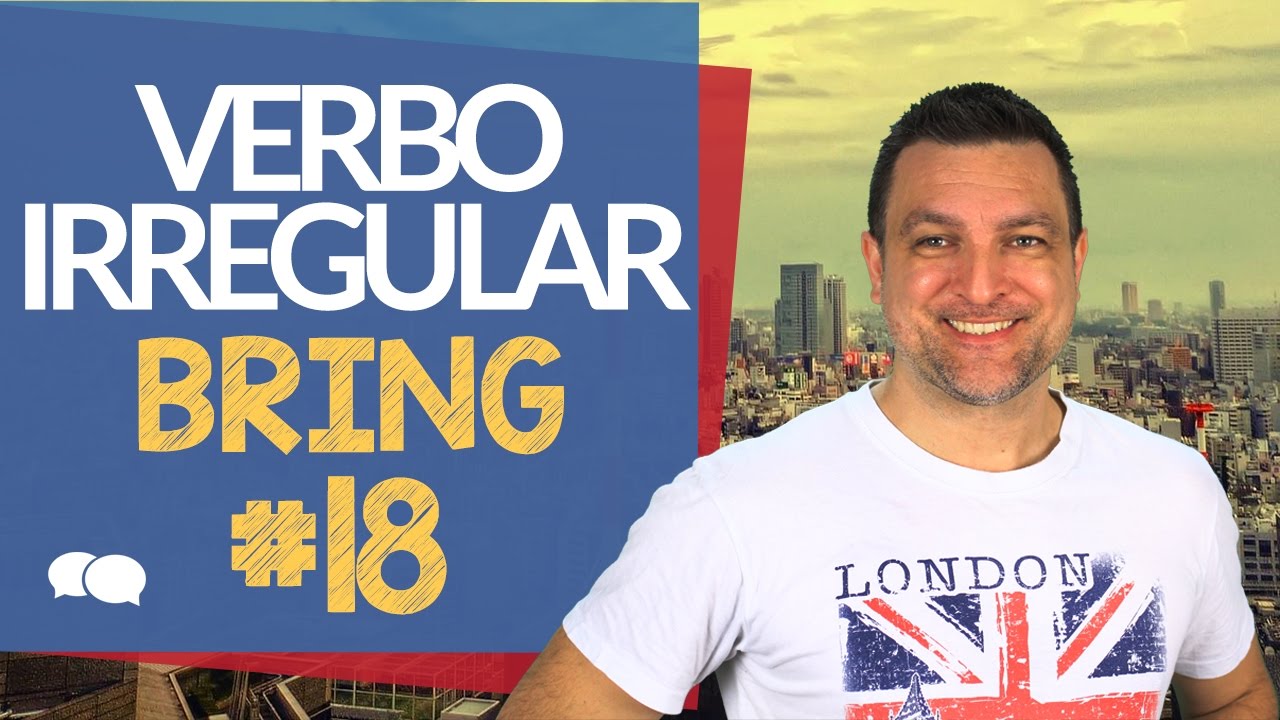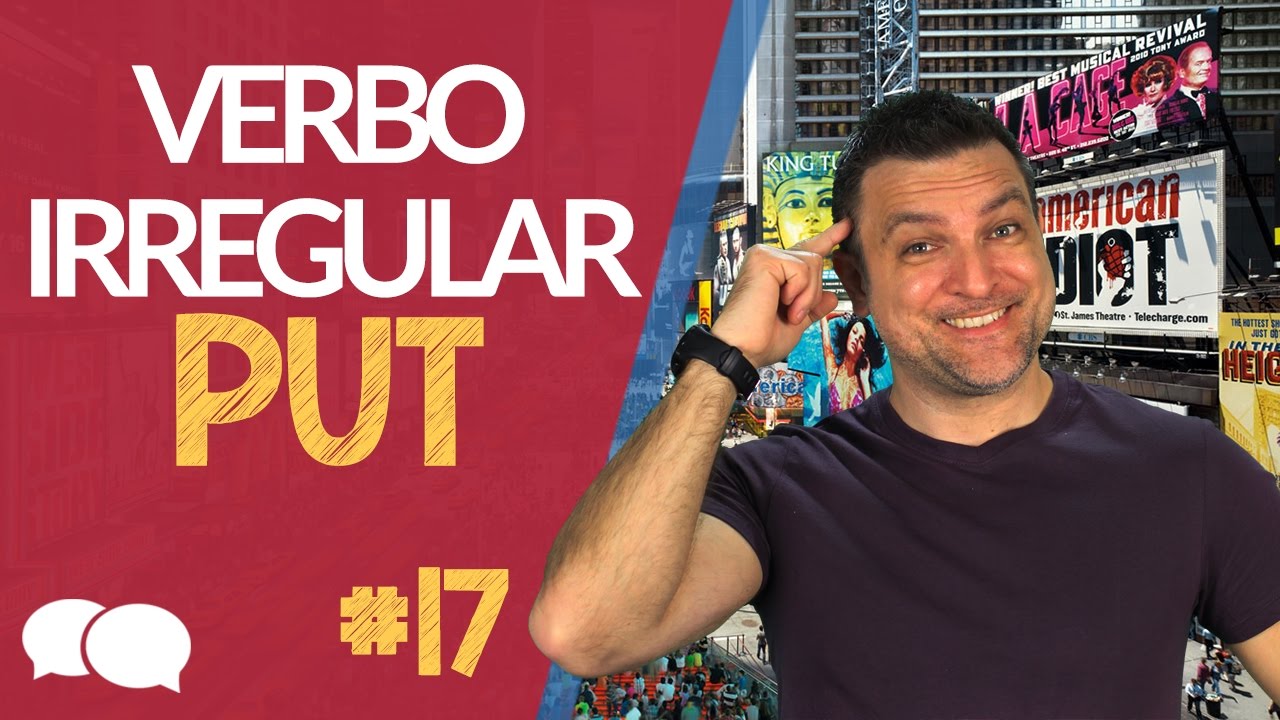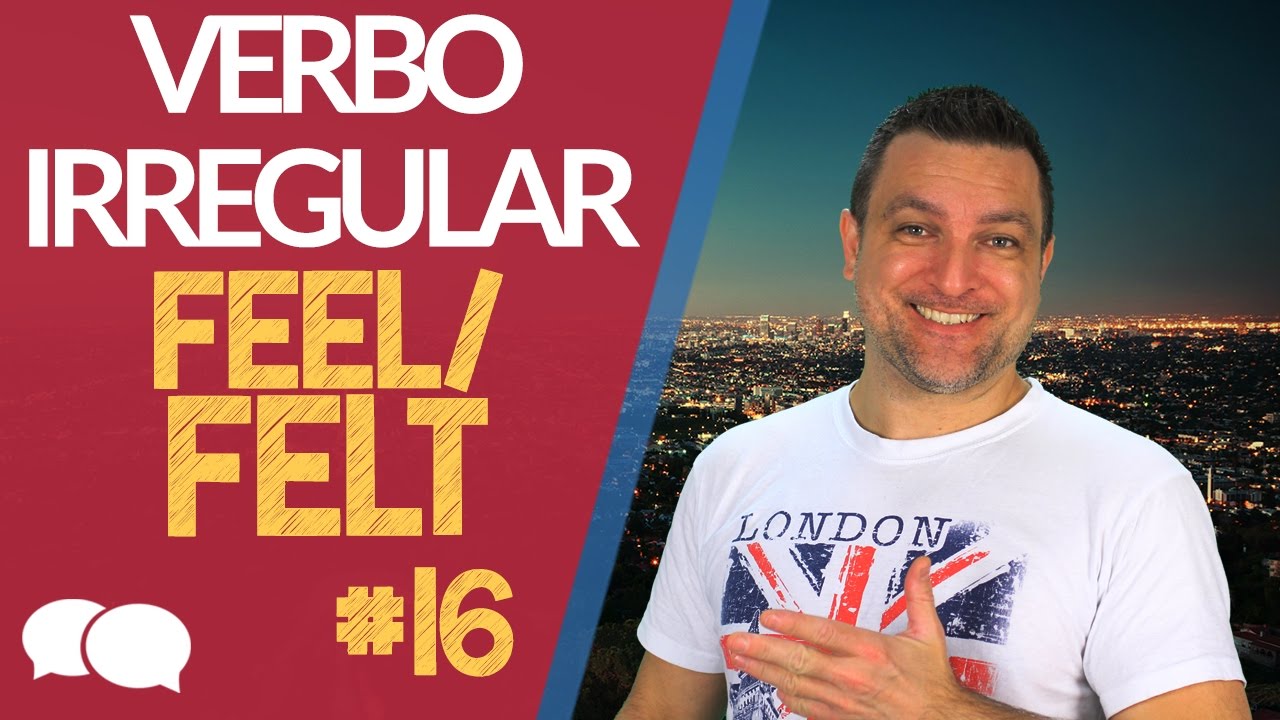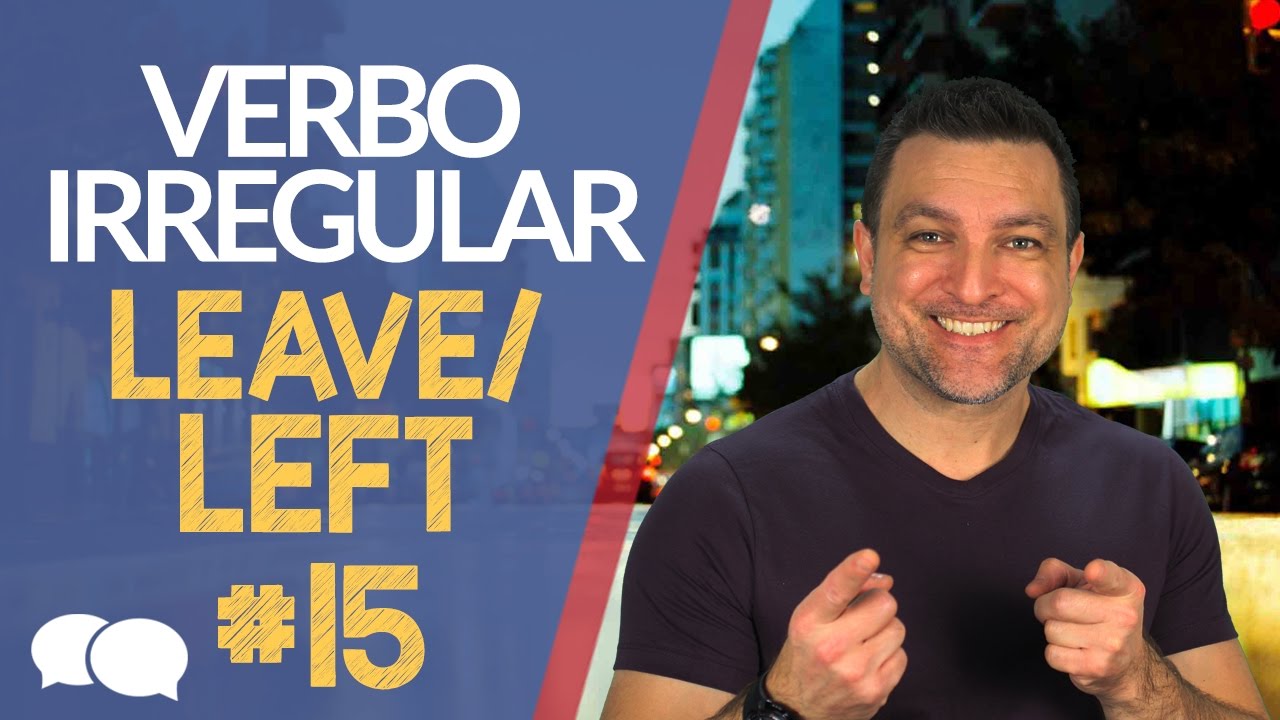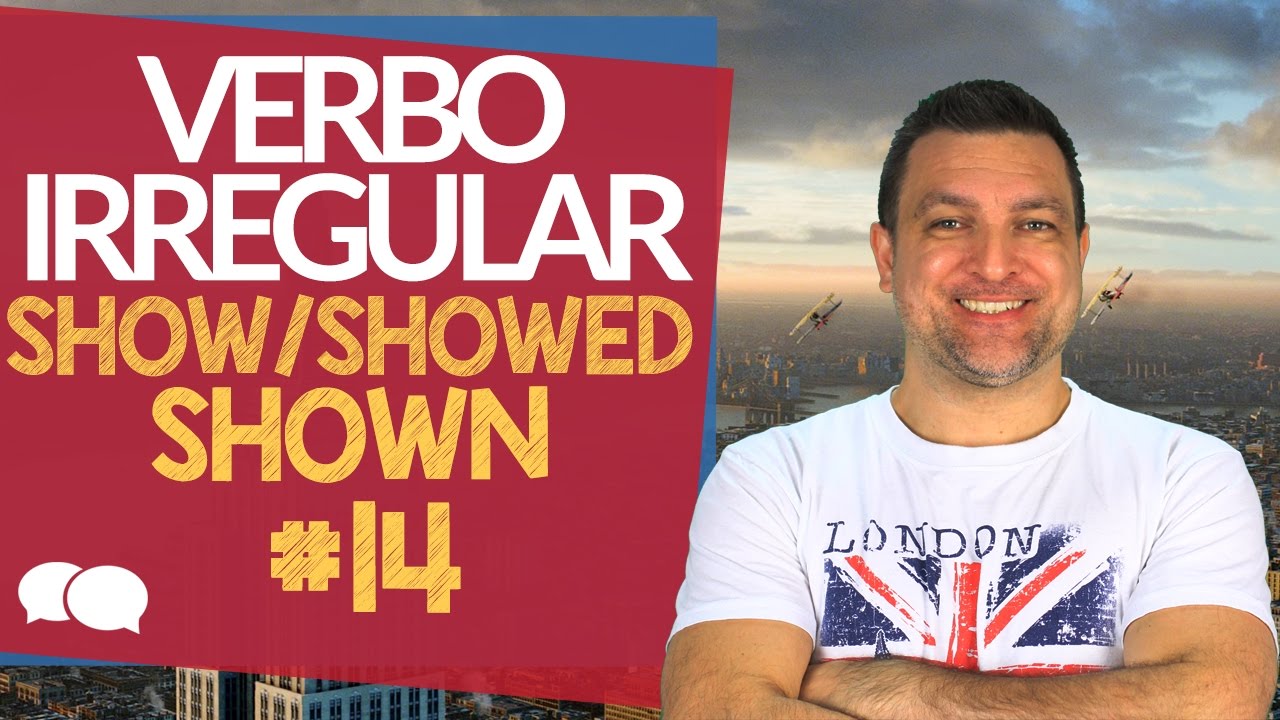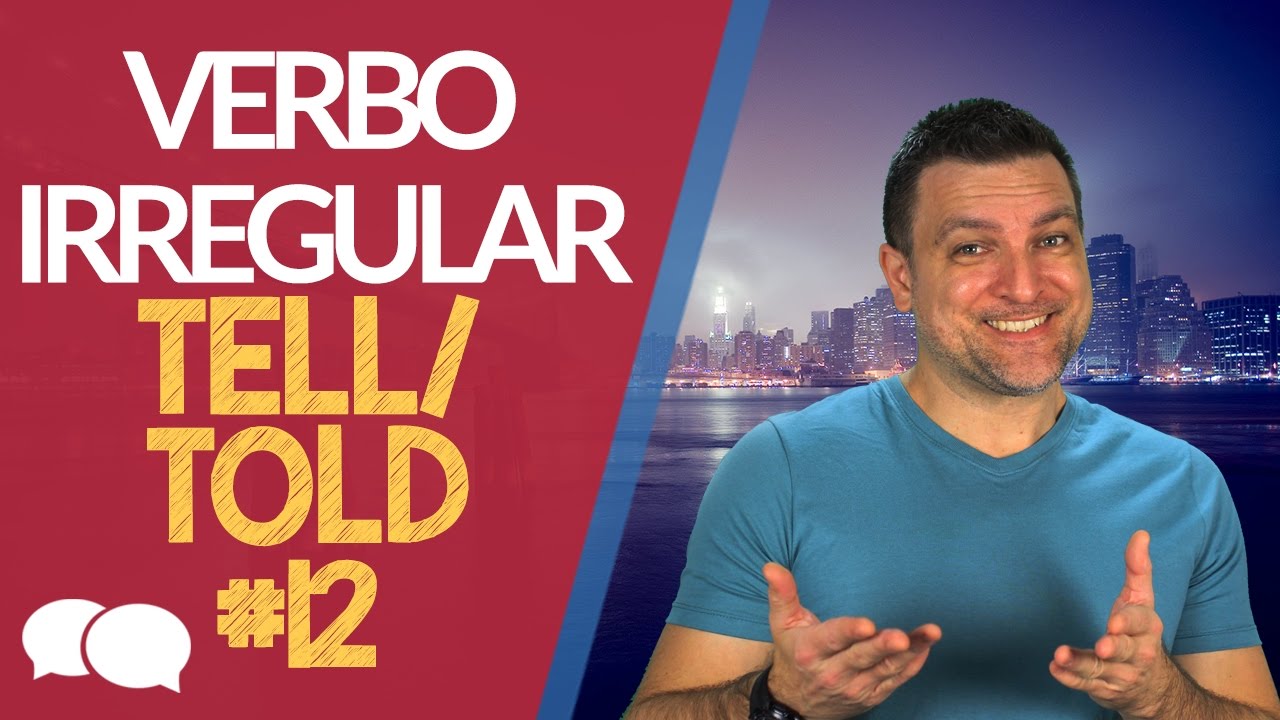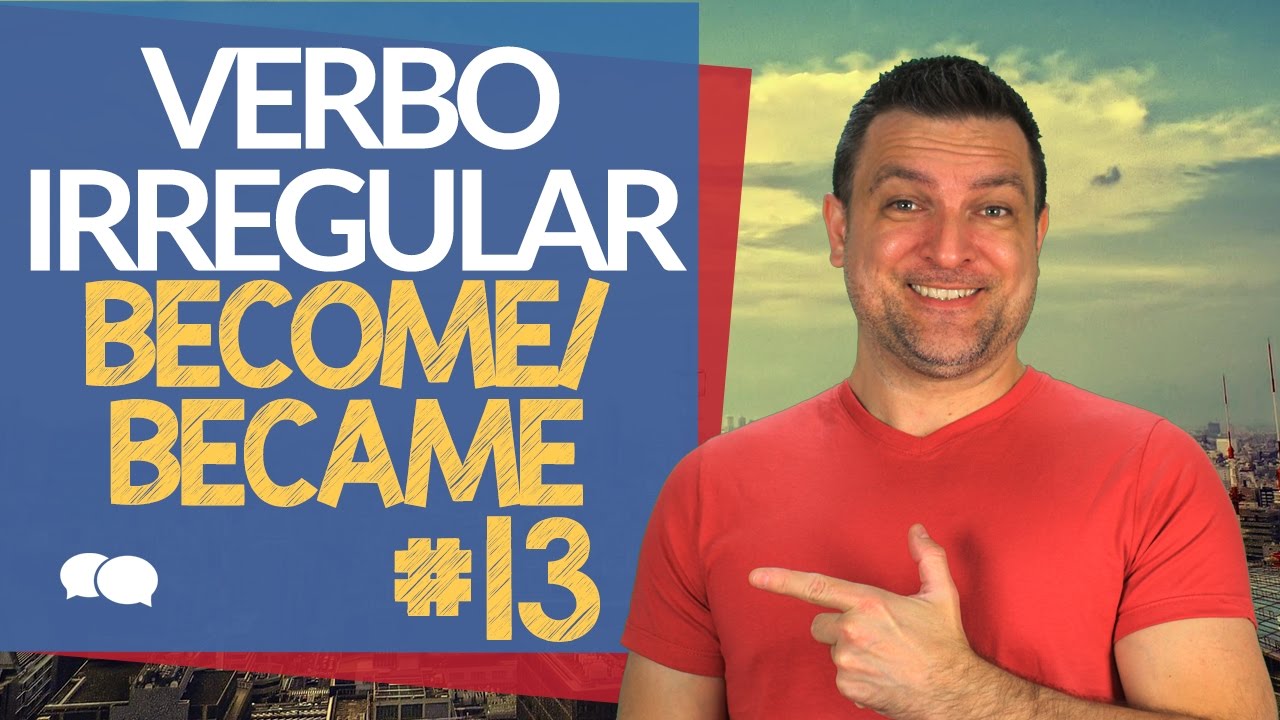Hello friends and welcome back to another post!
Desta vez veremos o verbo to hold na nossa sequência de verbos irregulares. Confira como conjugar e alguns exemplos de uso. So, let’s get started!
Verbo To Hold
Presente
Hold — Segurar
He doesn’t know how to hold a baby. — Ele não sabe como segurar um bebê.
Passado
Held — Segurou, seguraram
They held me inside the bank for 2 hours for no reason. — Eles me seguraram dentro do banco por 2 horas sem razão nenhuma.
Particípio
Held — Segurado
She was held tight by her brother when she arrived from her trip. — Ela foi segurada forte por seu irmão quando ela chegou da viagem dela.
Amigos, ficamos por aqui hoje. Este foi o verbo to hold. Confira também o verbo to keep. Até a próxima!
TRANSCRIÇÃO DO VÍDEO
(O texto a seguir é uma transcrição completa e sem edições do vídeo.)
Hello and welcome back to one more english class. The irregular verb of the day is: hold. Segurar. Past. Held. Segurou. Participle. Held. Segurado. Sentence examples. Hold. Segurar. He doesn’t know how to hold a baby. Ele não sabe como segurar um bebê. Past. Held. Segurou. They held me inside the bank for 2 hours for no reason. Eles me seguraram dentro do banco por 2 horas sem razão nenhuma. Participle. Held. Segurado. She was held tight by her brother when she arrived from her trip. Ela foi segurada forte por seu irmão quando ela chegou da viagem dela. Reviewing. Present. Hold. Past. Held. Participle. Held. Thanks for watching and as usual I’ll see you next class.
